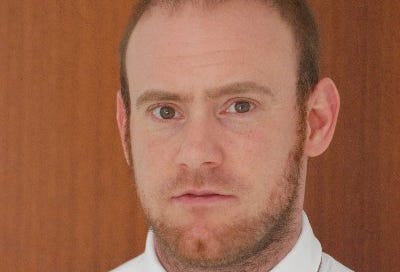Kai Whiting is a Stoicism and sustainability researcher and university lecturer based at the Catholic University of Louvain in Belgium. He’s also the co-author of Being Better: Stoicism for a World Worth Living In, where he and Leonidas Konstantakos discuss how people influenced by Stoic philosophy might approach many contemporary issues, including educ…
Keep reading with a 7-day free trial
Subscribe to Plato's Academy Centre Newsletter to keep reading this post and get 7 days of free access to the full post archives.





